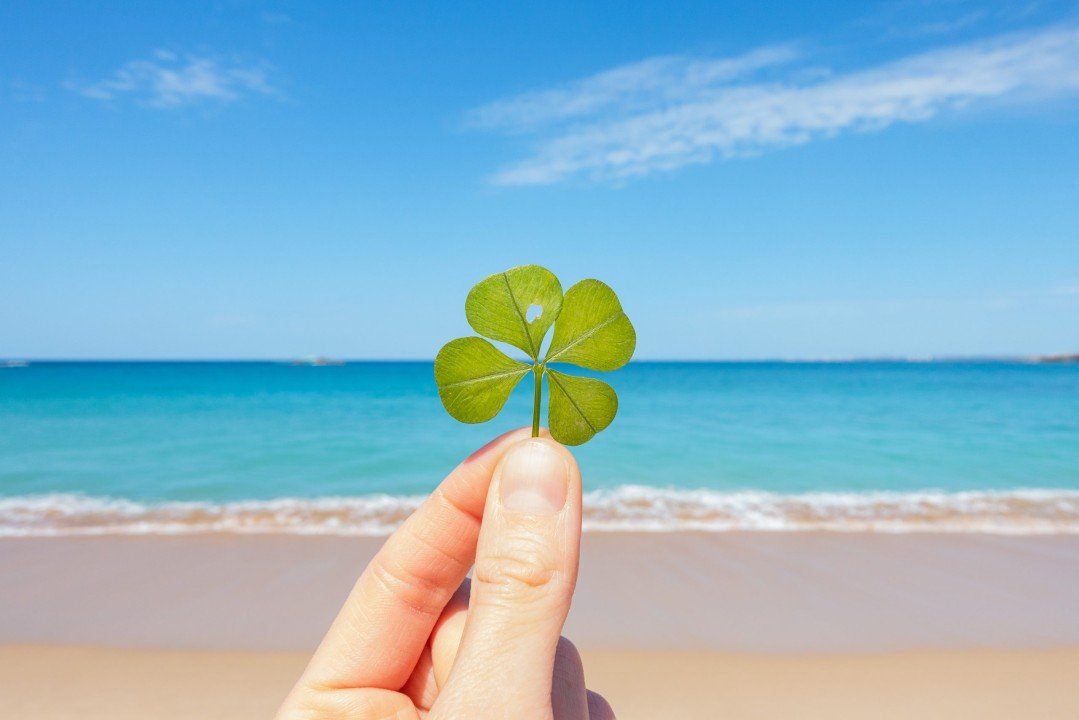Lotology began as a whispered idea: What if lottery wins aren’t just about money, but about gratitude, memory, and paying kindness forward?
In this article, you’ll explore lotology from its definition and psychological roots to real-life stories and practical takeaways. By the end, you’ll understand how lottery winnings can be transformed into legacies of generosity.
What Is Lotology?
Lotology is the informal concept that explores how lottery winners respond, not just in terms of spending money, but also in how they express gratitude, build relationships, and redefine their sense of purpose. It goes beyond the surface-level thrill of winning and dives into the emotional, ethical, and social consequences of sudden wealth.

It’s about what happens after luck strikes: the unexpected acts of kindness, the quiet reflections on who mattered most, and the choices that turn money into meaning.
Lotology Definition
Lotology is a blend of the words lottery and -ology (meaning “the study of”). While not a scientific discipline, it offers a cultural and psychological lens to examine how people react to fortune—especially when it arrives overnight. In essence, it’s the study of what people do with life-changing luck, and why.
Origins and Usage
Although not coined in academic circles, “lotology” has started appearing in online discussions, viral social media threads, and even podcast conversations. People use it to describe the emotional wave that follows a windfall—whether it’s giving back to friends, helping strangers, or simply reflecting on past support. It’s also used in contrast to greed or isolation, emphasizing gratitude and emotional intelligence.
Is Lotology a Science?
Lotology isn’t classified as an official science, but it overlaps with various established fields. It connects deeply with:
- Behavioral economics, which studies how people make financial decisions under emotion
- Philanthropy research, which looks into why people give
- Psychology, especially emotional adaptation and the pursuit of fulfillment after life changes
- Probability theory, which touches on our misunderstanding of chance
In many ways, lotology acts as a bridge between cold statistics and human warmth, showing how numbers on a ticket can lead to acts that transform lives.
The Psychology Behind Lotology
Understanding why people chase huge odds, and what they do afterward, requires a look at human brain wiring and social patterns.

Why People Play the Lottery
Despite astronomical odds (like ~1 in 292 million for Powerball), people are drawn by hope, escapism, and the dopamine rush of chance. Human brains struggle to conceptualize big numbers and often fall prey to the gambler’s fallacy.
Lottery as an Emotional Experience
Playing the lottery is more than a ticket; it’s a dream, often built on fantasies of freedom, forgiveness, or redemption.
Gratitude and Guilt After Winning
Many winners report mixed feelings: relief and generosity, guilt or isolation. Lotology explores how some navigate these emotions to benefit others instead of merely themselves.
Real-Life Lotology: Stories of Winning and Giving
The Friend Who Paid It Forward
One winner treated friends to a lavish dinner, recalling those who’ve supported her, even before fame or fortune. She made a list of kindness recipients, giving freely with no expectation of return.
Phillip and Dawn Chippewa’s Serenity Ranch
After winning an $80 million jackpot, this couple created a therapeutic horse ranch to help community members heal from trauma. Their story demonstrates lotology through long-term purpose.
Abbas Shafii of Oregon
Winning $328.5 million Powerball, Shafii committed a portion of winnings to nonprofits, showing how lotology can inspire social philanthropy.
Famous Generosity & Scandals
Jack Whittaker pledged millions to charities and even purchased a home for a deli cashier. But his life later unraveled—highlighting lotology’s potential and its pitfalls.
Another winner in Canada quietly donated $10,000 to help medical bills at a burger stand.
Lotology vs. Lottery Addiction
While lotology celebrates generosity, memory, and thoughtful giving, it’s important to distinguish it from the darker side of lottery culture—addiction. The same lottery that changes lives can also quietly consume them when played without awareness or boundaries.
Fun vs. Compulsion
For most people, buying a lottery ticket is just a bit of fun, a small thrill, a fleeting “what if” daydream while waiting in line at the gas station. It’s entertainment, not a strategy for wealth.
But for others, especially those facing financial stress or emotional isolation, the lottery can turn into a false hope cycle. What begins as harmless can evolve into compulsive spending, secret debt, and even depression. Studies show that individuals with gambling tendencies often chase losses, hoping for one big win to “fix everything.”
Lotology, in contrast, does not glorify playing the lottery, it reflects on what happens afterward, emphasizing generosity over greed.
The Lotologist Mindset
A true lotologist sees a win, big or small, as a starting point, not the goal. The mindset centers around:
- Gratitude: Remembering those who helped before the win
- Reflection: Thinking about the impact of money on relationships
- Intentional Giving: Choosing to use wealth (or even just good fortune) to uplift others
Even someone who wins a few hundred dollars and buys groceries for their neighbor is practicing lotology. It’s not about how much you give, it’s about why you give. This emotional and social intelligence separates the lotologist from the compulsive player chasing the next jackpot.
Lotology in Pop Culture & Online Communities
Viral Threads & Reddit Posts
Platforms like Threads and Reddit are full of hypothetical stories: “If I win, I’d clear debts for my friends.” That’s lotology in action.
Memes, Quotes & Cultural Shift
Quotes like “I’d bless the people who helped me when I had nothing” reflect a growing cultural ethos of gratitude tied to wealth.
A Movement or Fad?
Are we witnessing a trend or a lasting philosophy? Lotology reflects a broader shift, valuing emotional impact over financial gain.
How to Practice Lotology in Your Life
You don’t need to hit the jackpot to live by lotology. It’s all about how you respond to lucky moments, big or small. Start by showing gratitude when good things happen. Then, think about how you can use that moment to help others or bring joy.
Maybe you share your win, treat someone you care about, or donate to a cause. Even without money, offering time or kindness counts. Lotology means using your fortune, however small, to create lasting impact, stay humble, and spread good energy around you.
FAQs About Lotology
Q: What does lotology mean?
A: It’s the informal study of how lottery winners and ordinary people respond emotionally to luck, kindness, and chance.
Q: Is lotology a formal term?
A: No, it’s slang growing online, but rooted in psychology, probability, and behavioral economics.
Q: Can anyone practice lotology?
A: Absolutely, even small gestures count, it’s about mindset, not sums of money.
Q: Is lotology the same as lottery strategy?
A: No. Lotology is about behavior after luck, not how to pick numbers.
Q: What’s the difference between lotology and addiction?
A: Addiction is compulsive and hollow; lotology is intentional and enriching.
Final Thoughts
Lotology isn’t about hitting jackpots, it’s about who you remember, how you give back, and the emotional legacy you build. Whether you win big or not, lotology is a philosophy. Who are you grateful to? What small acts can you do today to honor them?


No responses yet